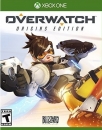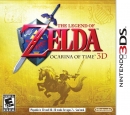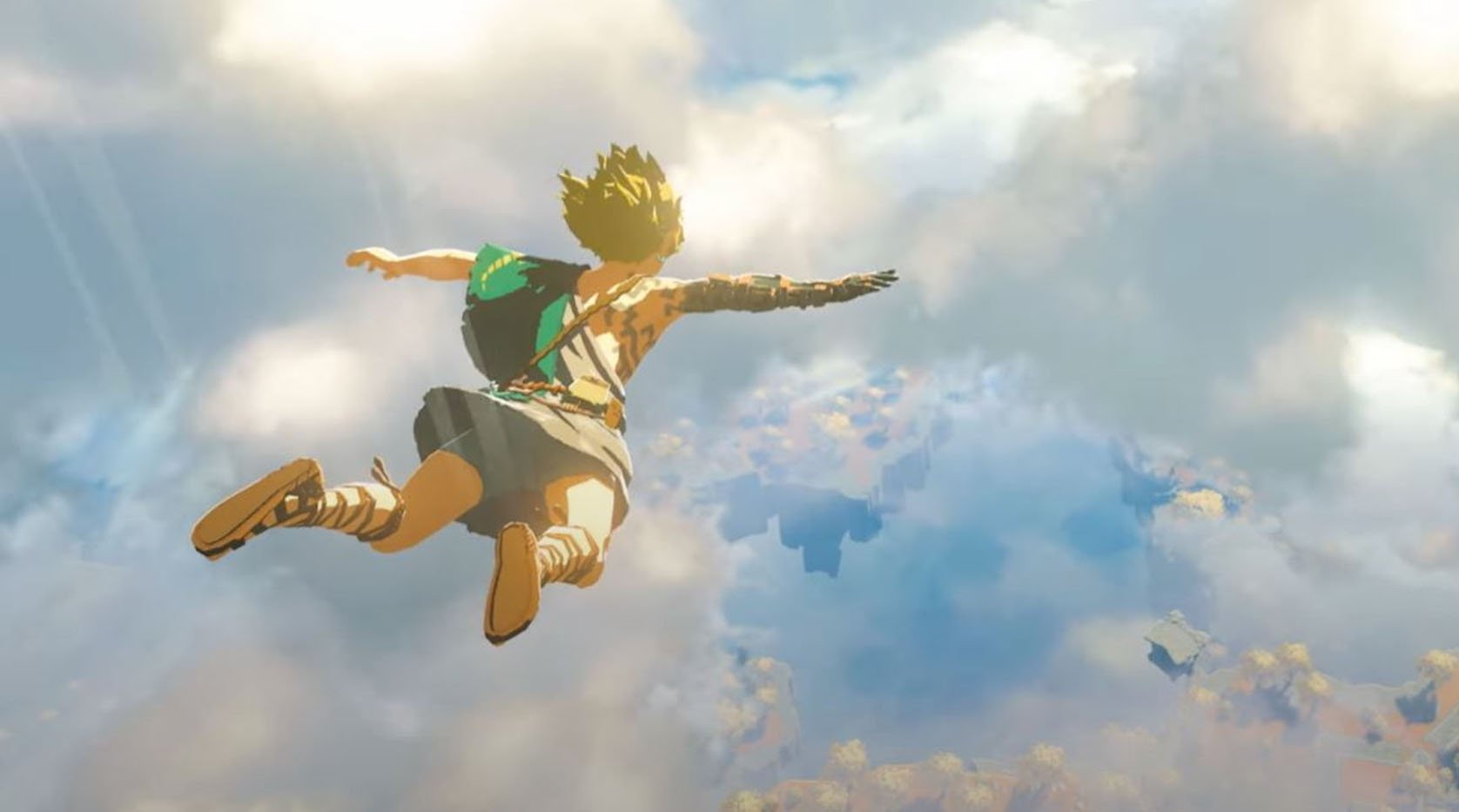Azelover said:
Proxy-Pie. I'm not gonna condemn you for what you posted..
But you missed a couple of things. The reason why you couldn't see the quality of the Switch, is probably because you hadn't experienced it. The value of it can't be understood without some hands-on time, or some serious hands on impressions from other people. It was bound to not be widely accepted initially.
But Nintendo's way, is that of innovation value. I don't know if you understand that, but it basically means, create new value that doesn't currently exist. I was familiar with this concept, so I could relate to the value almost immediately.
People who looked/look at the Switch with doubt, are usually the ones who think horse-power is everything. Well guess what, it's not. And it never was, really.
Let's make a list. Atari 2600, NES, SNES, PlayStation, PS2, Wii, and now PS4(X1X is above it in power), all winners of a cycle, were all underpowered at thir respective cycles. People only care about the game experience. That means not only good games, but what you can do with the games. Can you share the games with friends? Can you take it on the go like the Switch? That's all the public really cares about.
The arms race of technology is a total illusion. One that must keep being the focus, or else how could we get surprised every time like we always do? |
But that's the point... when it was first revealed, there wasn't a lot of info on games (exclusives in particular). We got Arms and 1-2 Switch, which were basically shovelware, we got Zelda, which was a WiiU port, and Mario Odyssey, which was a ways away.
Also, hardware innovation is great, but only when it's done right. In this case, it paid off (and I guess most 3rd party games not coming to WiiU really was a matter of sales and not hardware power), but it was something to be cautious about considering the previous generation (Gamepad killed the WiiU, and the 3DS was great in spite of 3d, not because of it).
nemo37 said:
I think some of the below Wii U sales predictions (such as the one here) were a bit ridiculous, but they articulated a number uncertainties that could have harmed the system at launch. Some of these uncertainties remain and could be troublesome for the system in the future. The price, the average buyers reaction to paid online being introduced later this year (I think a great deal of non-tech savvy users might not realize the free online is its trial period and so there could be blow back once they realize they have to pay even a small fee to continue playing games online), and a steady lineup of both new (balance of first party evergreens, first-party B games, some third-party exclusives and a few ports of newer games, third-party Indies) and old games (ports of older games from Wii U and last gen, and/or VC-like service).
The Switch has done very well in its first year, but a console, just like any other consumer oriented device, needs to extend its sales curve for as long as possible and thus we cannot set its success in stone so early in its life. Nintendo will need to maintain momentum with the system in order to continue substantially increasing its installbase in order to make the system viable and hence successful. IMO, the point of viability would be between 30 million - 50 million units. Once we reach those numbers and the system's position on the market becomes more established then I think we could start breaking out the champaign and celebrating. |
You're speaking my mind, though as long as Nintendo continues a steady game output, I don't see why it can't succeed. Besides the gamepad inflating the WiiU's price, there were big droughts in between releases. That's not a problem for the Switch so far, so I'm optimistic.
Last edited by Proxy-Pie - on 13 January 2018

















































































